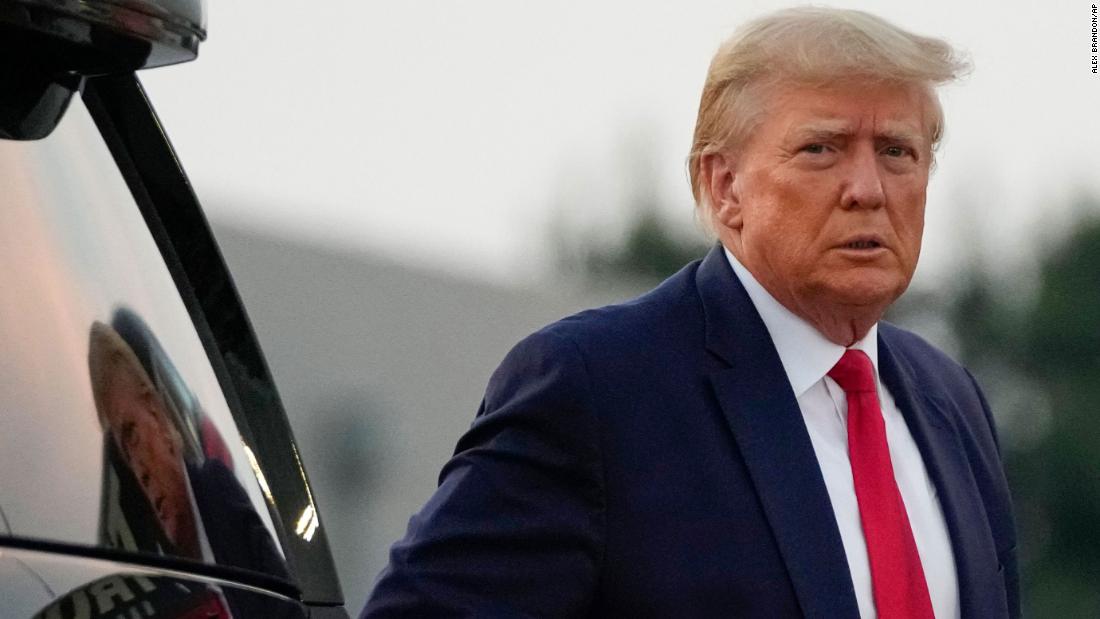
Fulton County District Attorney Fani Willis asked a judge on Thursday to schedule a trial for all 19 defendants charged in the Georgia election interference case for October 23, 2023.
As part of her request, Willis noted that one of the defendants, Kenneth Chesebro, sought a quick trial under Georgia’s Speedy Trial Act.
In response, the judge presiding over the case scheduled Chesebro’s trial to begin on October 23 — but the judge specified that the order does not apply to any other co-defendants at this time.
Late Friday, another defendant, attorney Sidney Powell, also requested a speedy trial, according to a new filing.
How does Georgia’s speedy trial law work?
Every criminal defendant has the right to a “speedy trial.”
The right to a speedy trial is memorialized in the Sixth Amendment of the US Constitution, which reads: “In all criminal prosecutions, the accused shall enjoy the right to a speedy and public trial, by an impartial jury of the State and district wherein the crime shall have been committed, which district shall have been previously ascertained by law, and to be informed of the nature and cause of the accusation; to be confronted with the witnesses against him; to have compulsory process for obtaining witnesses in his favor, and to have the Assistance of Counsel for his defense.”
Georgia, like all other states, has its own law stemming from that constitutional right. Under Georgia law, any criminal defendant has the right to demand a trial within weeks of being indicted.
The date on which their trial begins is then dictated by “terms” of the court — the schedule for when each state court hears cases. In Fulton County, new “terms” begin on the first Monday of every other month, as long as there is a jury available.
If the trial does not begin by that date, the defendant is automatically acquitted of all charges.
But cases can still be delayed by pre-trial disputes and other issues, and prosecutors typically don’t bring indictments in high-profile cases unless they are prepared to go to trial quickly.
How does this affect Trump’s case?
A defendant indicted during the current term who asserts their right to a speedy trial must go to trial by the first Monday in November.
That is why after Chesebro asserted his right to a speedy trial, Willis asked the judge to schedule an October trial date — and the judge only ordered that Chesebro’s trial begin in October. Trial dates for every other defendant have not yet been determined.
Some legal experts have cast doubt on whether an October trial date is realistic.
Other defendants in Trump’s case think the October date is too soon, and forcing other defendants to prepare for trial in such a short time period may raise constitutional issues, according to CNN legal analyst Elie Honig.
Lawyers for Trump told the judge that they oppose the proposed October 23 trial date, and will attempt to separate his Georgia case from Chesebro, who wanted to speed up the trial date.
Andrew Fleischman, a partner at the Georgia law firm Sessions & Fleischman, said he doubted the judge would force the other defendants to commit to a trial in October. He noted that there’s a lot of evidence in this case, including “millions of pages” of documents.

